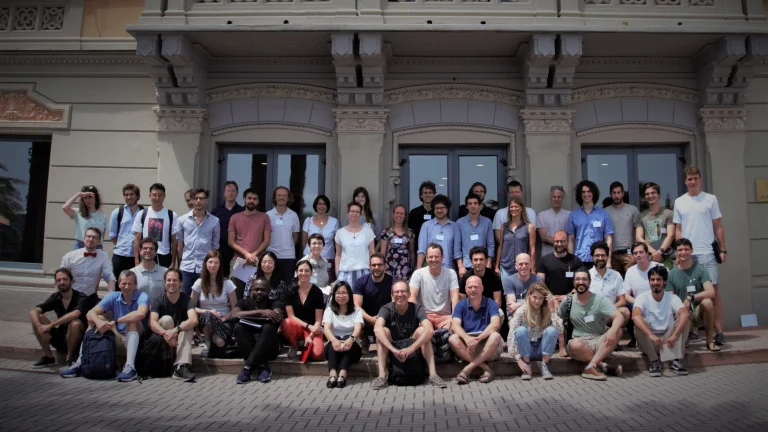



ELLIS Program Workshop: Leading scientists discuss abilities and limits of modern learning systems
Sponsored by the European Network of AI Excellence Centres (ELISE), the workshop particularly focussed on deepening the understanding of the behavior, limits and abilities of modern learning systems.
Many machine learning systems still badly understood
The event took place at a crucial time for the ELLIS theory community: The last decade has brought rapid advances in the performance of machine learning (ML) systems, and the importance of ML and AI is increasing in most areas of society. AI Systems can now predict how proteins fold, they can create photorealistic images from simple text prompts, fool humans in conversations to mistake them for other humans, and control nuclear fusion reactors. While this practical progress continues to happen and intelligent systems begin to appear in many areas of our life, it is especially important to understand how these systems work. Unfortunately, many machine learning systems are still comparably badly understood. This lack of understanding has multiple bad effects: Unintended erratic behavior may arise, costly and cumbersome manual tuning is often necessary, and engineering efforts might be directed at infeasible problems and therefore wasted.
A comprehensive overview of current research efforts
To tackle these issues, some of Europe’s leading researchers in the theory of machine learning gathered last week in Italy, shared their ideas, fostered collaborations and discussed each other’s breakthroughs. How can performative dynamics change learning procedures, and how can this be applied to economic policy? What are new theoretically-inspired algorithms to make learning more efficient, and how can they help reduce the computational cost and CO2 emission of ML models by removing the need for costly repeated experiments, and speeding up training significantly? These and other pressing topics were featured in 13 expert talks, each offering valuable inspiration and orientation for future research projects.
Theoretical efforts need to adapt to the Deep Learning Revolution
In panel discussions, the workshop participants further discussed ways to improve and facilitate research collaborations between all countries in Europe, as well as the Deep Learning Revolution and how the ELLIS community can adapt their theoretical efforts to the new focus on deep learning within the wider ML community. Contributions also came from PhD and postdoc students who presented their research results in poster sessions and engaged in feedback discussions with senior scientists.
Particularly for junior researchers such as PhD students the experience of an in-person workshop was extremely valuable, as many of them have not been able to participate in real-life conferences due to the pandemic. "This was my first opportunity to share research ideas in person with senior and junior scientists in machine learning. Getting feedback and new perspectives on my research was helpful and inspiring for me. It is highly valuable to feel part of a flourishing, pan-European community like ELLIS, where I can reach out to leading researchers in the field and create a network”, summarizes Emilia Magnani, one of the PhD students who joined the workshop.
“It was amazing to finally get a program workshop together”, adds Lorenzo Rosasco, one of the three Directors of the ELLIS Theory Research Program. “The program’s goal is to create an active and inclusive community. With such a goal in mind, a mix of both junior and senior researchers have gathered in Arenzano to discuss the next challenges in machine learning theory and how to tackle them. It was at the same time interesting, fun and much needed! This chance to finally collaborate in person felt like a fresh start, and I hope everybody went back thinking about when we’ll meet again", he concludes.
More information
View impressions of the workshop on the ELLIS Genoa twitter channel.
Find out more about the ELLIS Theory Research Program here.
Visit the ELISE website here.
